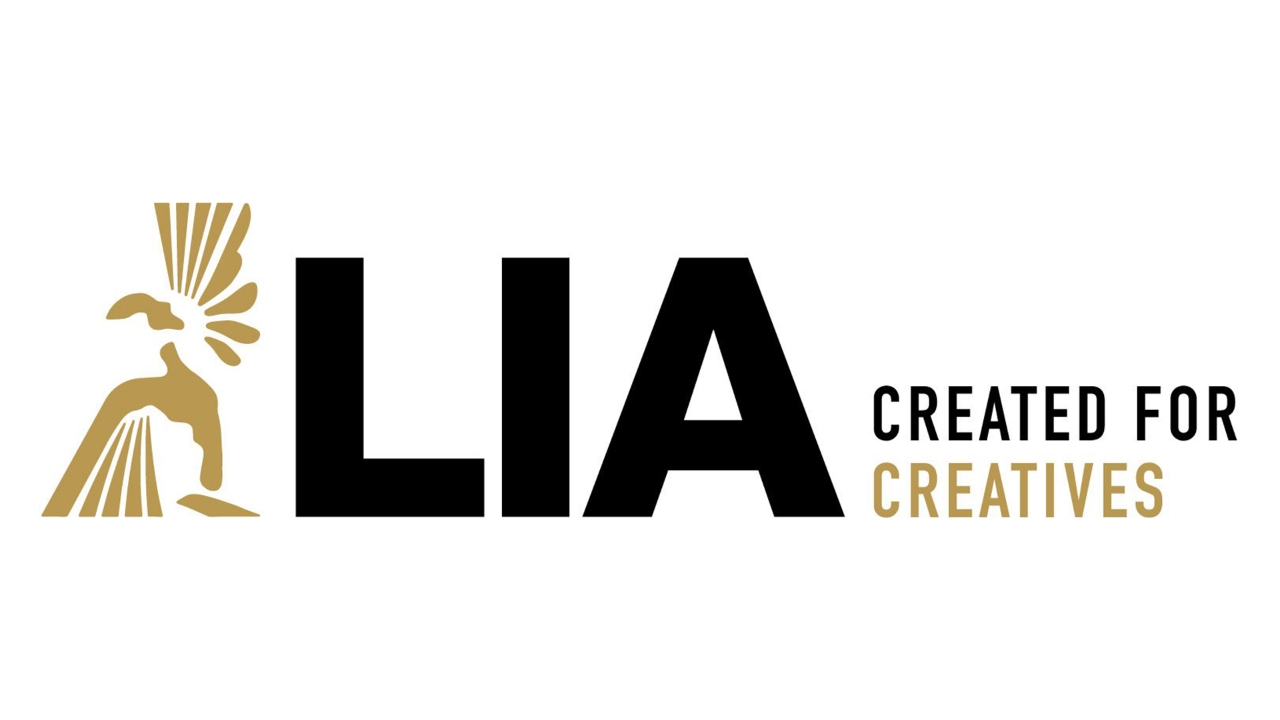By Oluwaseyi Lawal
The Nigerian ride-hailing market is expected to reach a compound annual growth rate (CAGR) of 10.74%, between 2024 to 2028, resulting in a projected market volume of US$380.00m by 2028. This is according to market research platform, Statista. In 2024, the Nigerian Ride-hailing market is also projected to reach US$252.70m.
Still by 2028, the number of users in the ride-hailing market, the number of users is expected to amount to 36.89m users by 2028.
The Ride-hailing market encompasses on-demand transportation services facilitated through mobile apps or online platforms. This market covers both private vehicle rides and taxi services, all booked exclusively online. It includes Transportation Network Companies (TNCs), such as Uber, Bolt, InDrive, Rida e.t.c and traditional taxis booked via apps.
Ride-hailing services have gained significant popularity in recent years, providing convenient transportation solutions for millions of Nigerians.
In the forecasted years, as fuel prices rise, ride-hailing companies will face escalating operational costs. These platforms usually operate on a commission-based model, where a percentage of the fares goes to the company. As fuel expenses surge, drivers are compelled to spend more on fuel to meet the demands of their passengers. Consequently, ride-hailing companies may find it necessary to adjust their commission rates.
With fare hikes, the demand for ride-hailing services may see a decline, especially among price-sensitive customers. This decline in demand could have a significant impact on drivers who rely on ride-hailing as their primary source of income.
Increased fuel expenses will impact the income of ride-hailing drivers, who are already dealing with platform commission fees and additional costs such as vehicle maintenance. This could potentially result in reduced driver satisfaction and retention, causing a potential shortage of drivers (supply) and longer wait times for passengers.
The ride-hailing sector in Nigeria has experienced significant growth in recent times, attracting new entrants seeking to meet the rising demand for convenient transportation.
Nonetheless, the surge in fuel costs poses a formidable challenge for these newcomers and smaller ride-hailing firms. The escalating fuel prices might further amplify the disparity between the industry giants and smaller local competitors.






Comment
No comments found.